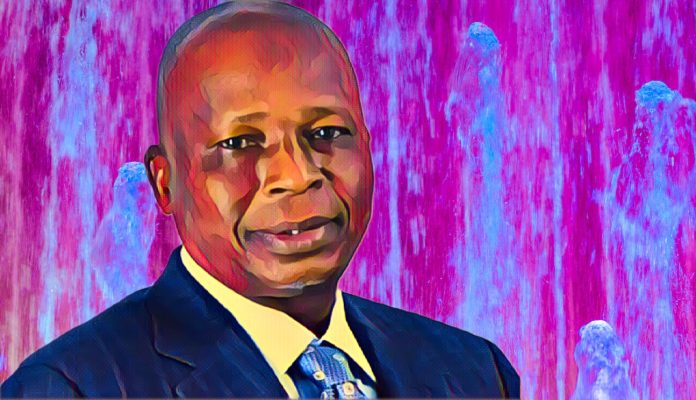In a historic ruling, the Supreme Court of Nigeria has declared it unconstitutional for state governors to withhold funds intended for local government administrations. Justice Emmanuel Agim delivered this landmark decision, which represents a significant step towards granting financial autonomy to the country’s 774 local government councils.
The lawsuit marked SC/CV/343/2024 was filed by the Attorney General of the Federation and Minister of Justice, Lateef Fagbemi. The lawsuit seeks full autonomy for all local governments in Nigeria. The court criticized the use of state joint accounts, stating that governors have exploited this system for their benefit. Local governments are now mandated to manage their funds independently, bypassing state governors. This decision aims to prevent the misappropriation of funds by state governments.
While many Nigerians have welcomed the ruling, some analysts and politicians have expressed concerns. Former Delta State Governor James Ibori described the judgment as an “assault on true federalism.” Ibori argued that the ruling contradicts Section 162 of the 1999 Constitution, which mandates joint accounts for state and local governments. He fears this decision could undermine the independence of states and shift the balance of power towards the federal government.
SERAP has given state governors and the Minister of the Federal Capital Territory (FCT), Nyesom Wike, a seven-day ultimatum to return the local government funds they have collected over the years. Kolawole Oluwadare, SERAP’s deputy director, emphasized the need for accountability following the Supreme Court’s judgment. If the governors and FCT minister fail to comply, SERAP plans to take legal action to compel them to return the funds.
HURIWA described the verdict as symbolic, highlighting the lack of genuine local government elections as a major issue. National Coordinator Emmanuel Onwubiko called for the Supreme Court to mandate credible local government elections. He argued that without proper polls, the ruling would not effectively change the status quo, as governors might still control local government funds indirectly.
Chief Stephen Lawani, former deputy governor of Benue State, emphasized the need for the Independent National Electoral Commission (INEC) to conduct local government elections, rather than state commissions. He believes this change is necessary for genuine local government autonomy.
Similarly, Bisi Olopoeyan of the All Nigeria Peoples Party (ANPP) and Chief Goddy Nwazurike of Ohanaeze Ndigbo questioned whether the ruling would lead to real autonomy if governors retain the power to influence local elections.
Anambra State Governor Charles Soludo expressed his support for the rule of law and emphasized the need for resources to reach the grassroots. He highlighted his administration’s efforts to organize local government elections, stressing the importance of democratic processes.
Cross River State Governor Bassey Otu called for democratic Nigerians to accept the judgment in good faith. He believes the ruling could enhance local government administration if properly implemented.
Benue State Governor Rev. Fr Hyacinth Alia welcomed the judgment, noting that his administration had already granted local council autonomy before the Supreme Court’s decision.
President Bola Tinubu hailed the Supreme Court’s decision, stating that it aligns with the constitutional rights of local governments. He emphasized that effective local government administration is crucial for the country’s advancement. Tinubu highlighted that this judgment will allow local councils to provide essential services to their communities, ensuring that funds are used transparently and effectively.
The Supreme Court’s ruling on local government autonomy has sparked a nationwide debate, with varying opinions on its implications for federalism and state autonomy. While some see it as a victory for local governance, others fear it could centralize more power at the federal level. As Nigeria navigates this new legal landscape, the focus will be on ensuring that local governments can operate independently and effectively, fulfilling their mandate to serve their communities.



